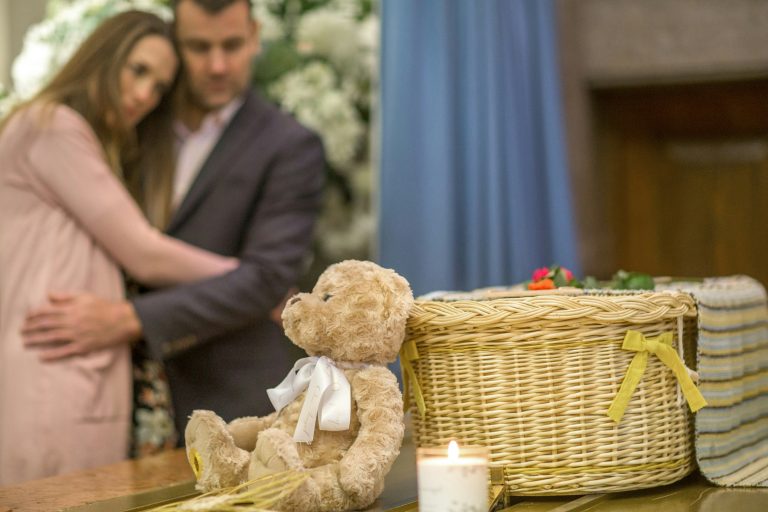Mental health and romantic relationships—two crucial elements that intertwine in a complex dance. When mental health is in a good place, romantic relationships often thrive, but when mental health is struggling, it can take a toll on even the strongest partnerships. This isn’t just about someone “feeling down” now and then; it’s about how depression, anxiety, or other mental health challenges shape communication, trust, and intimacy.
Picture this: You’re with your partner, and they’re feeling overwhelmed by stress. Maybe they withdraw or get frustrated more easily. At the same time, you’re feeling disconnected. Or perhaps you’re the one experiencing anxiety, and your partner doesn’t quite understand the internal struggle you’re facing. These situations can lead to miscommunication, hurt feelings, or even resentment.
But here’s the thing: Mental health isn’t just about a single person’s experience. It affects both people in the relationship. It’s essential to recognize the signs of mental health challenges in your partner, be open about your struggles, and foster a supportive environment. A relationship, at its core, is about teamwork, so when one partner struggles with mental health, the other can help create a safe space for them to heal.
What can you do to manage these challenges? Here’s how:
- Encourage Open Communication: Be honest about how mental health is affecting your relationship. Create a space where both of you feel safe to talk without judgment.
- Be Empathetic: Understand that mental health struggles aren’t a reflection of your partner’s love for you. Be compassionate and patient as they navigate their feelings.
- Set Boundaries: It’s crucial to establish healthy boundaries. While supporting each other, it’s equally important to maintain personal space for self-care.
- Seek Professional Help: Don’t hesitate to consult a therapist, either individually or as a couple. A professional can offer tools to help both partners understand and manage mental health better.
In a world that often places unrealistic expectations on romantic relationships, recognizing and addressing mental health is key to ensuring long-term happiness and growth together.


